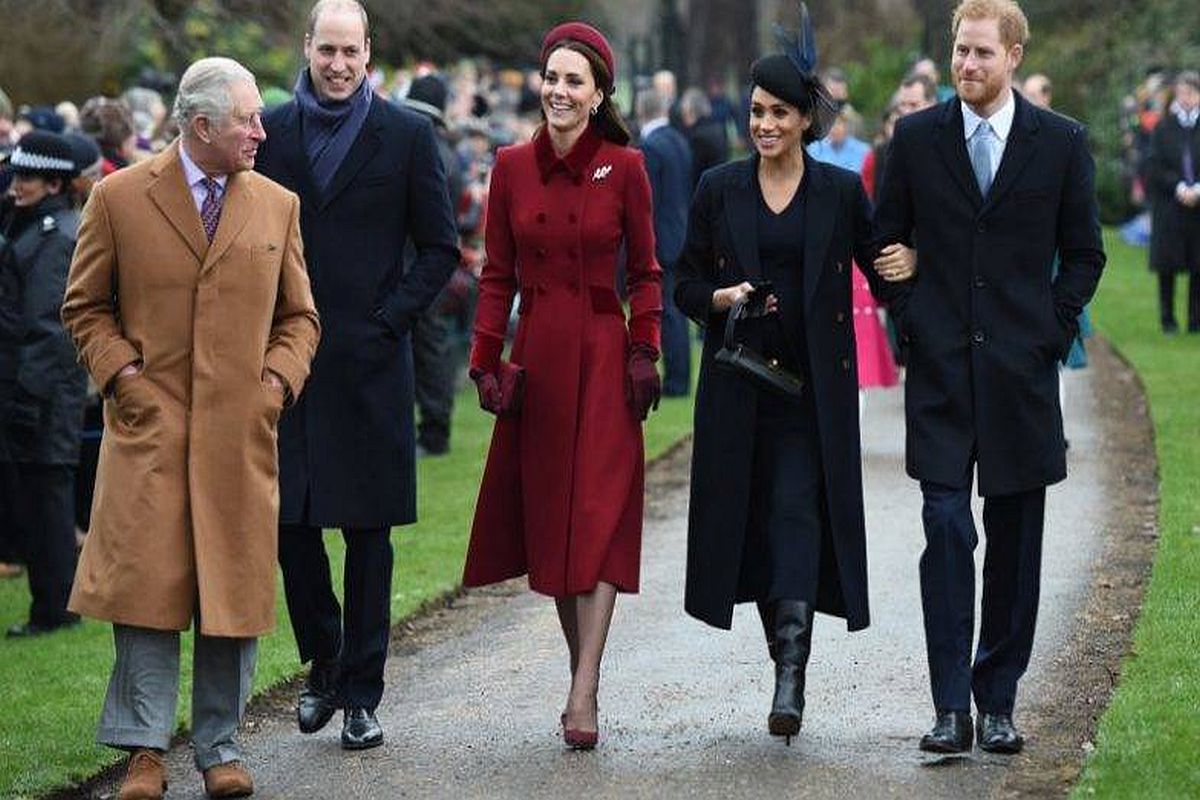The result of an authoritative poll that says less than three of 10 Britons think the monarchy is very important, and which reports that as many as 45 per cent would like to see the institution abolished, could not possibly be good news for King Charles III as he prepares for his coronation. After having waited as long as he did to assume the throne, the monarch must note with alarm the disillusionment of his subjects.
And if the future of the monarchy is to be decided by younger Britons, the news is even more discouraging. While 42 per cent of those aged 55 or more think the institution is very important, only 12 per cent of those aged between 18 and 34 share this view. To a considerable extent, the royal family is responsible for the low levels of support it enjoys. For at least the last four decades, the shenanigans of the royals have provided grist to the tabloid mill, and the outpourings of the King’s younger son and his actress wife have not quite embellished the aura of the palace in recent times.
Indeed, even as the stiff upper lip has quivered, and stories of palace intrigue have again hogged headlines, the monarchy has begun to seem increasingly fragile, and therefore dispensable in the eyes of many Britons. While the institution may limp through the incumbent’s reign, it will require something remarkable to ensure that it retains even this level of respect when next it is time for a succession. Those who support the institution will, of course, argue that scandal is not new to Buckingham Palace.
They will talk about the abdication of a king nine decades ago, and the divorce of the present monarch three decades ago, as events that shook up the palace without quite causing it to crumble. But a certain level of commitment of subjects to even a constitutional monarchy is necessary to negate the resentment that is natural when the many have to pay for the entitlements of a few. The present monarch and his successor will thus have to rise above themselves if they are to ensure the continued existence of the institution. The few monarchies that exist around the world have faced challenges in the past, and doubtless they will in the years to come.
Many have crumbled in the face of popular will, some peacefully but others after they were pushed out. While the British, described as a nation of shopkeepers, will continue to support the monarchy for as long as they see a profit that goes beyond the sale of trinkets in Trafalgar Square accrue to them, the diminishing returns from a decaying institution may see that position change sooner than many imagine. The poll says that the numbers of those who view the monarchy as very important has dropped from 38 per cent last year to 29 per cent now. The end may be coming faster than anyone imagines.











